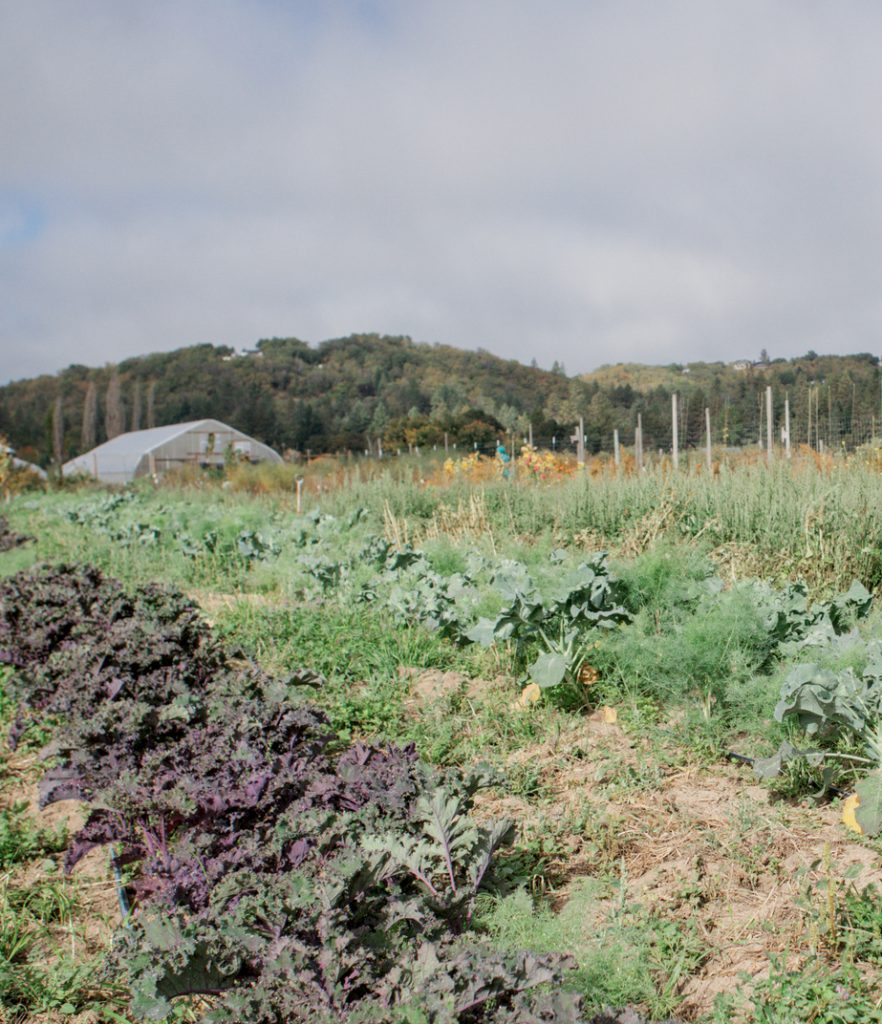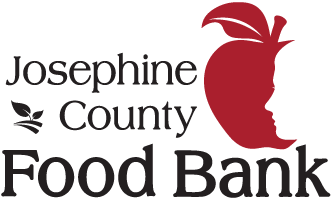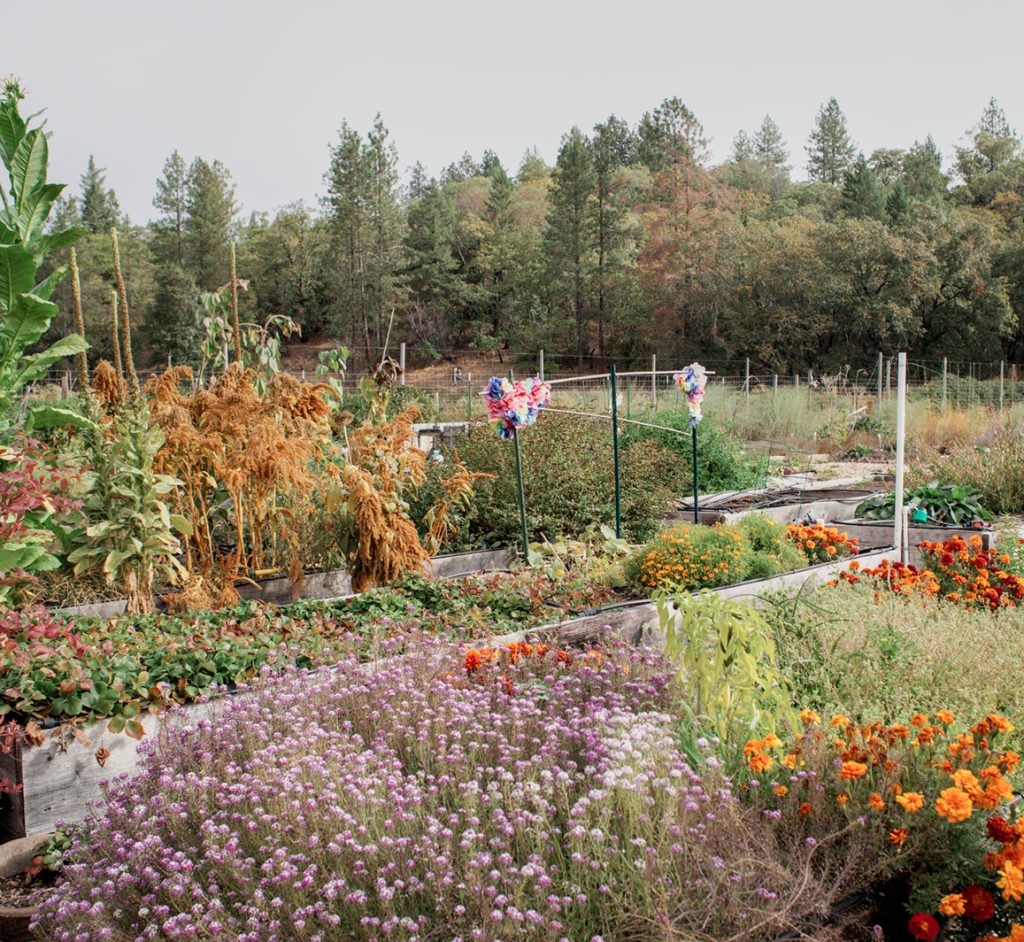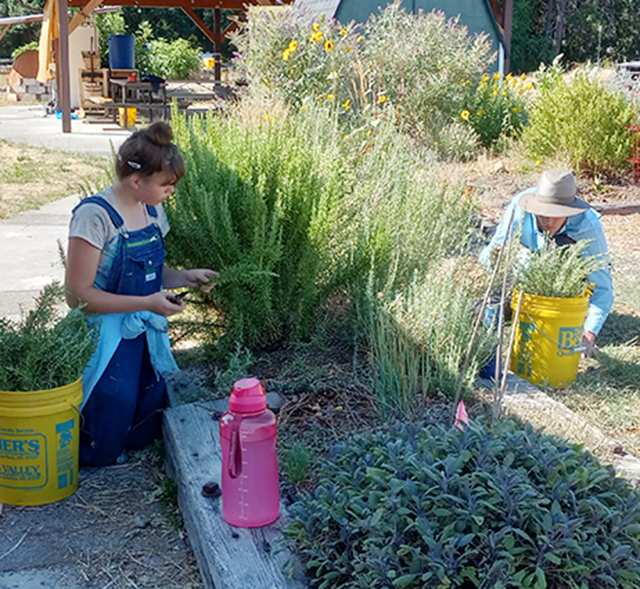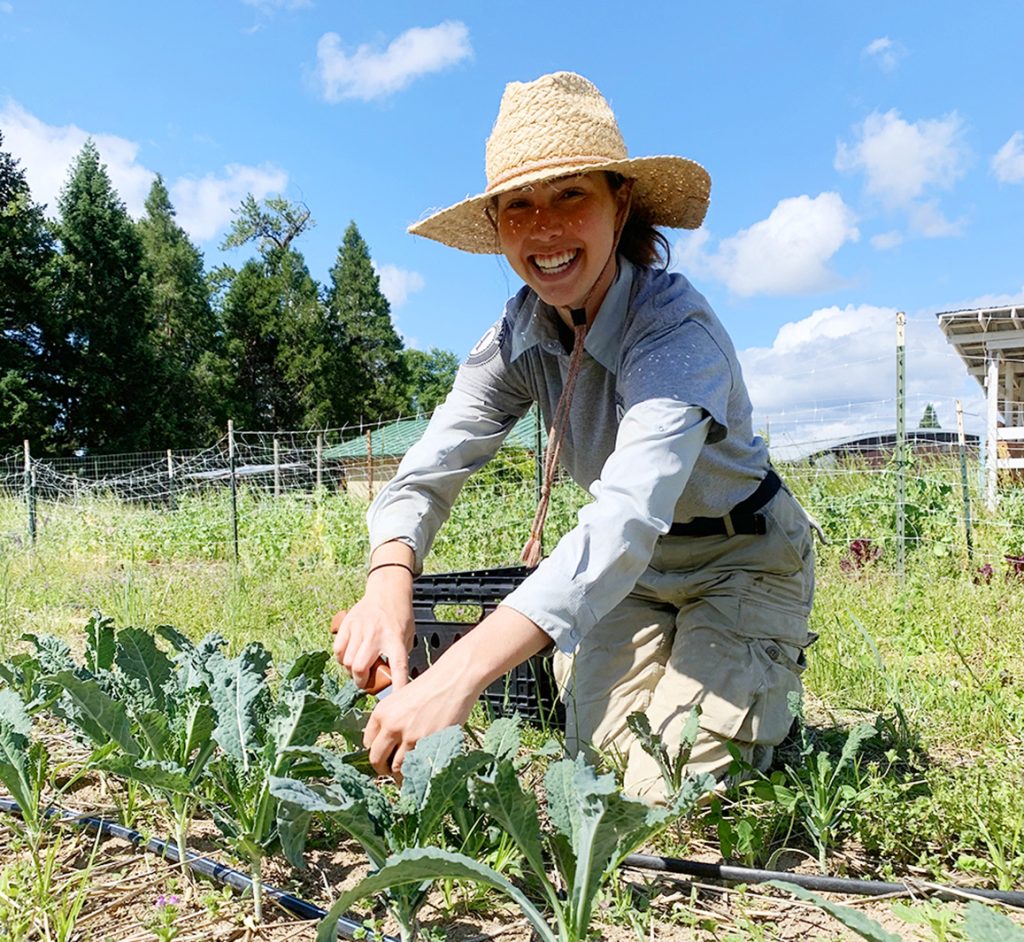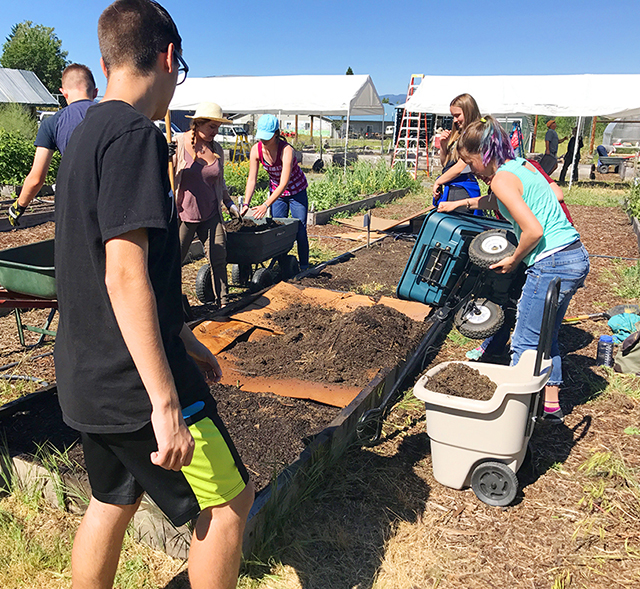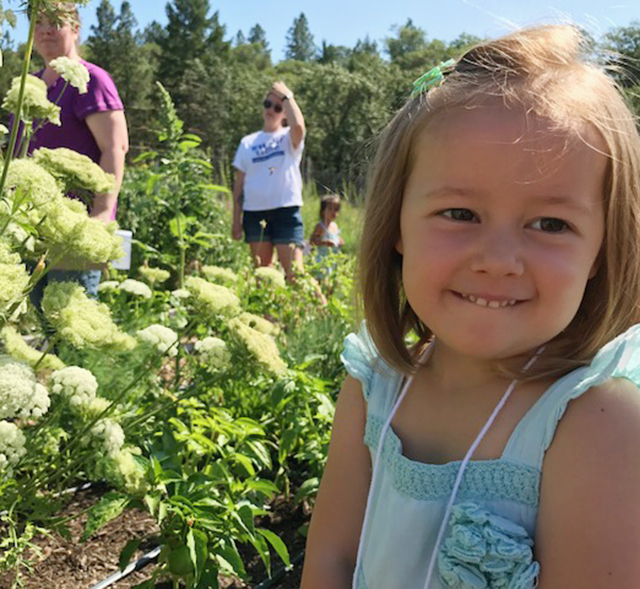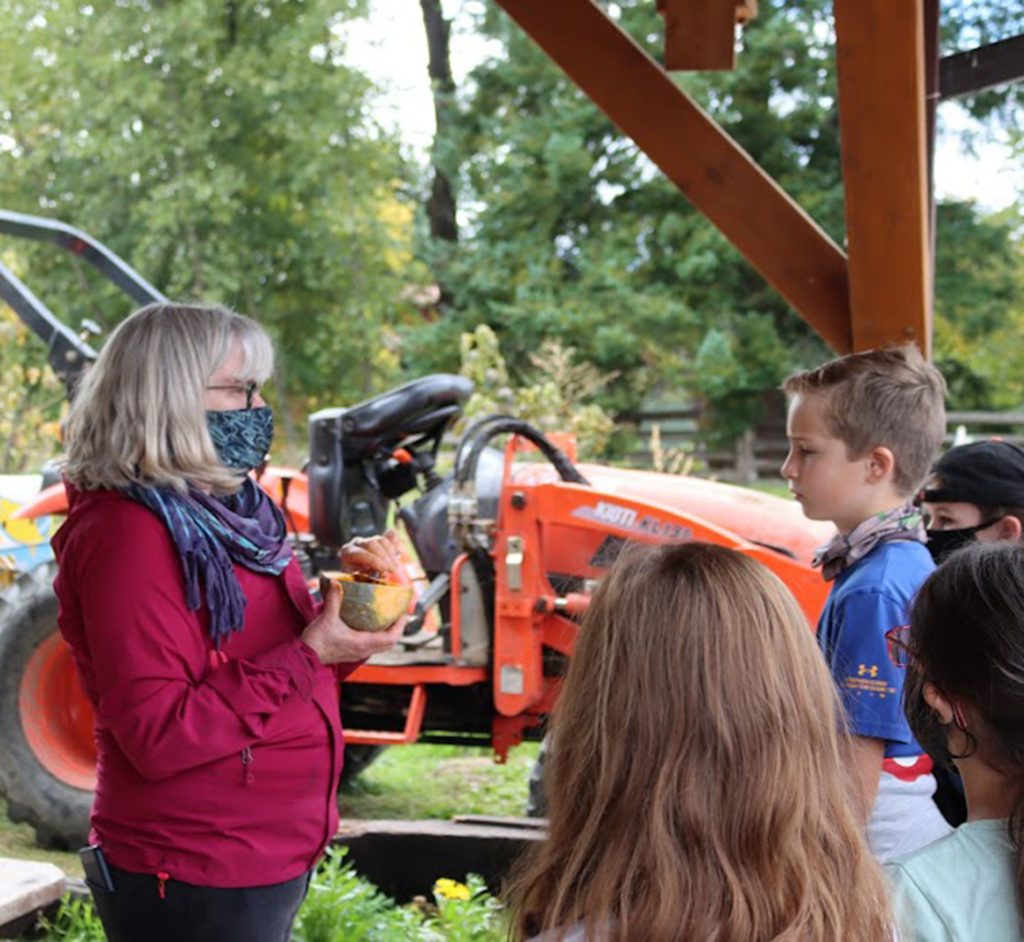Raptor Creek Farm is a production and education farm of the Josephine County Food Bank that spans 2.5 acres, encompassing three thriving greenhouses, an orchard, a community garden, and a berry patch.
Raptor Creek Farm grows food often missing from the food bank, such as leafy greens, peppers, and legumes. The variety of crops varies from year to year depending on the needs of our community. While we adhere to organic standards, our farm is not certified organic. On average, we produce an impressive 270,000 servings of vegetables or 18,000 lbs. of produce, contributing to the nutritional diversity of our community. We actively seek and welcome feedback from our clients and community about what we should grow each year!
We embrace a community-driven ethos, relying on the passion and commitment of volunteers who contribute to every facet of our production process. Our season begins in February when volunteers are invited to join us on Tuesday and Thursday mornings. Together, we nurture the plant’s journey from seed to harvest, commencing with seed planting around April and dedicating the ensuing months to meticulous weeding and bountiful harvesting. In November, we culminate our annual cycle with a squash seed project, marking both the end of the season and a well-deserved respite before the anticipation of next year’s growing adventures.
In addition to contributing to our food supply, Raptor Creek Farm serves as a learning space for youth and adults of all ages through hands-on lessons, tours, and workshops. For adults, we host monthly workshops and education series. For youth, we provide year-round education through our Planting Seeds for the Future program, with activities like school field trips, garden tastings, and school garden education. We also hold an immersive 11-week Summer Garden Camp for elementary-aged youth who are interested in learning more about the natural world, food, and our place in it.
Whether you have a passion for sustainable gardening, a knack for teaching, or simply a desire to make a meaningful impact, we invite you to be part of our journey. Volunteers play a vital role in programs like our production farm, Summer Garden Camp, and Food Demos, contributing to a community where learning, growth, and nourishment go hand in hand.
We invite you to join us in cultivating not just crops, but a sense of community and shared history.
Our History
One day, John Reinhart, a longtime Food Bank supporter, was speaking to the Food Bank’s Program Manager, Susan Scheufele, when the topic of quality food for struggling families came up. John simply said, “The Food Bank should have a farm.”
As this conversation was happening, the City of Grants Pass had just purchased the River Road Reserve, 250 acres of prime agricultural land just outside the city limits. The Food Bank had only been involved in a small-scale garden project behind the warehouse on “M” Street, as well as other gardens throughout School District 7.
After careful thought and community discussions, the decision was made to move our main garden to Raptor Creek Farm and grow healthy, grocery-quality produce to distribute in emergency food boxes.
Since 2011, the garden has produced hundreds of thousands of pounds of produce that has been distributed to individuals and families throughout Josephine County.
